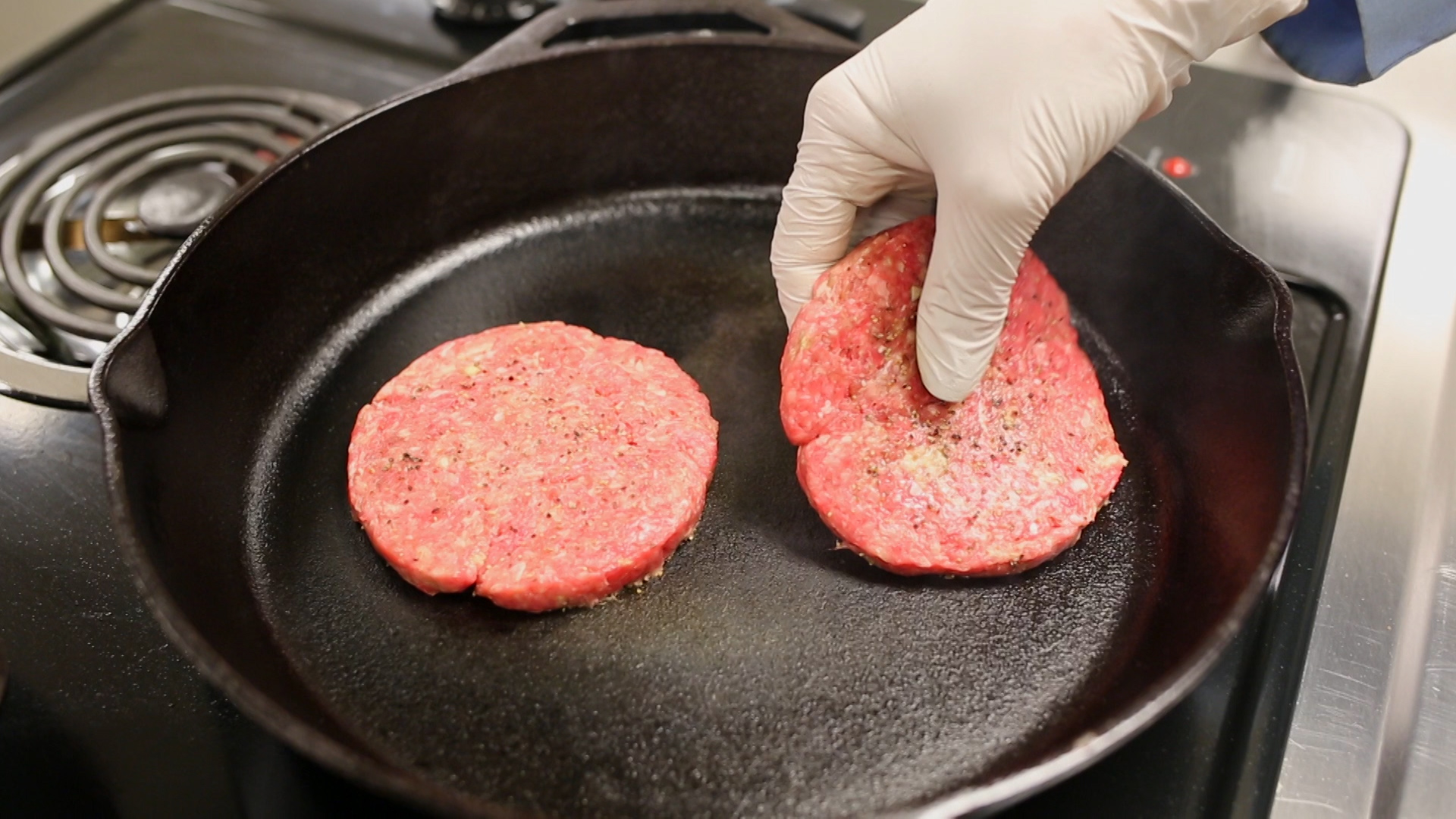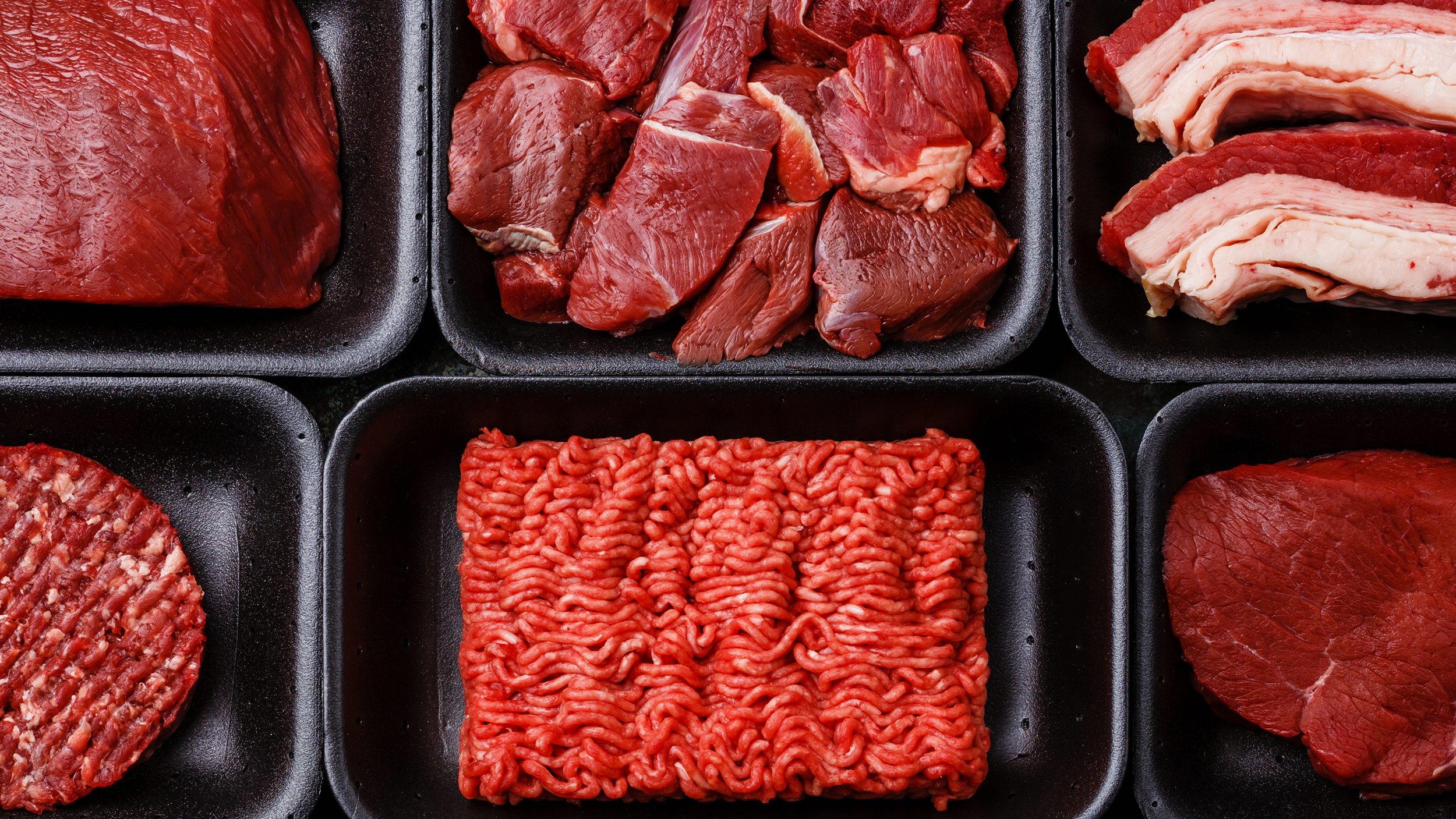New research has been published in the journal The BMJ which is authored by Yan Zheng, a professor at Fudan University in Shanghai, China. It states that people who have an increased red meat intake over a period of 8 years face an increased risk of death in the following 8 years compared to people whose red meat intake did not increase.
[fvplayer id=”2020″]
What the study was about?

The study found that the converse is also true. Decreased meat intake is associated with reduced risk of death over a long period of time.
The research included 53,553 women and 27,916 men who did not have any disorder related to cancer or any other medical problems when the study started. The researchers then examined the amount of red meat taken by these people during the period of 1986 to 1994. They then studied the mortality risk among these people between 1994 and 2002.
The researchers also looked at the data to see if red meat intake between 1994 and 2002 affected mortality risk between 2002 and 2010.
What the data reveals about red meat?
 The scientists discovered that people who increased daily meat intake by half also developed 13% more risk to die from any cause. If unprocessed meat intake was increased by a very small amount, the mortality rate increased by 9%.
The scientists discovered that people who increased daily meat intake by half also developed 13% more risk to die from any cause. If unprocessed meat intake was increased by a very small amount, the mortality rate increased by 9%.
Although the study cannot point to an exact cause, it is highly possible that increase in saturated fat, cholesterol levels and preservatives used in red meat are affecting cardiometabolic health of people, resulting in increased mortality rate.









